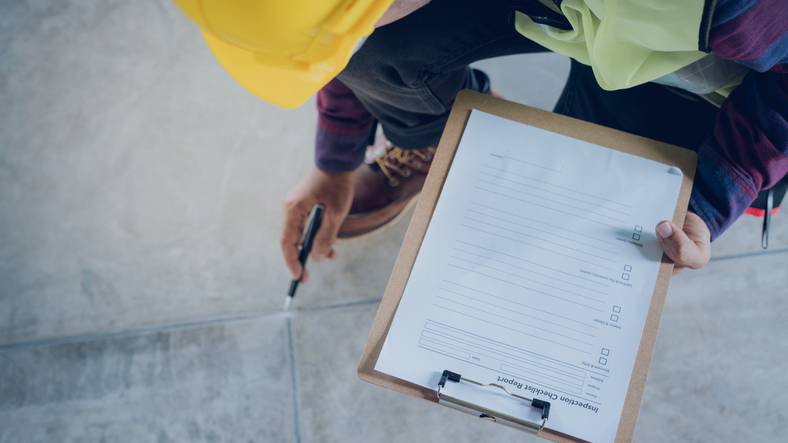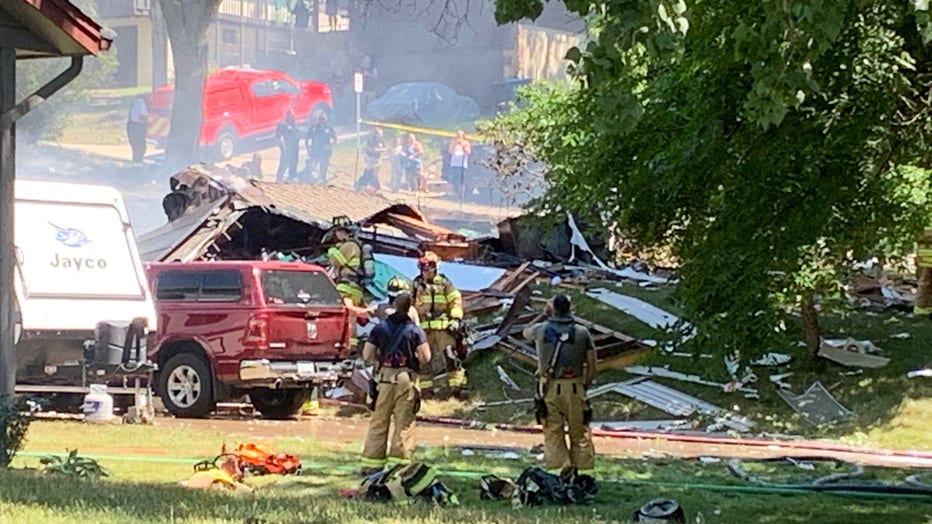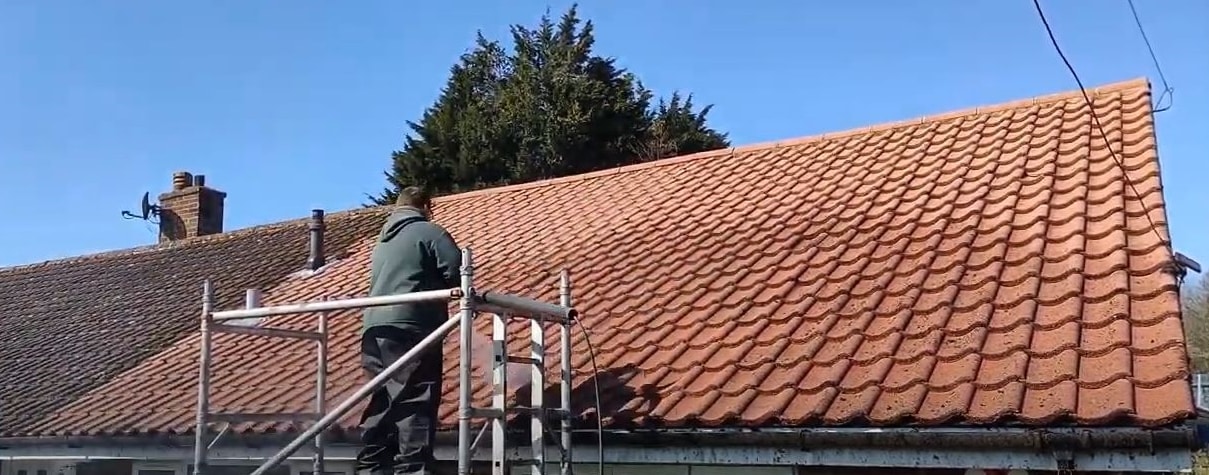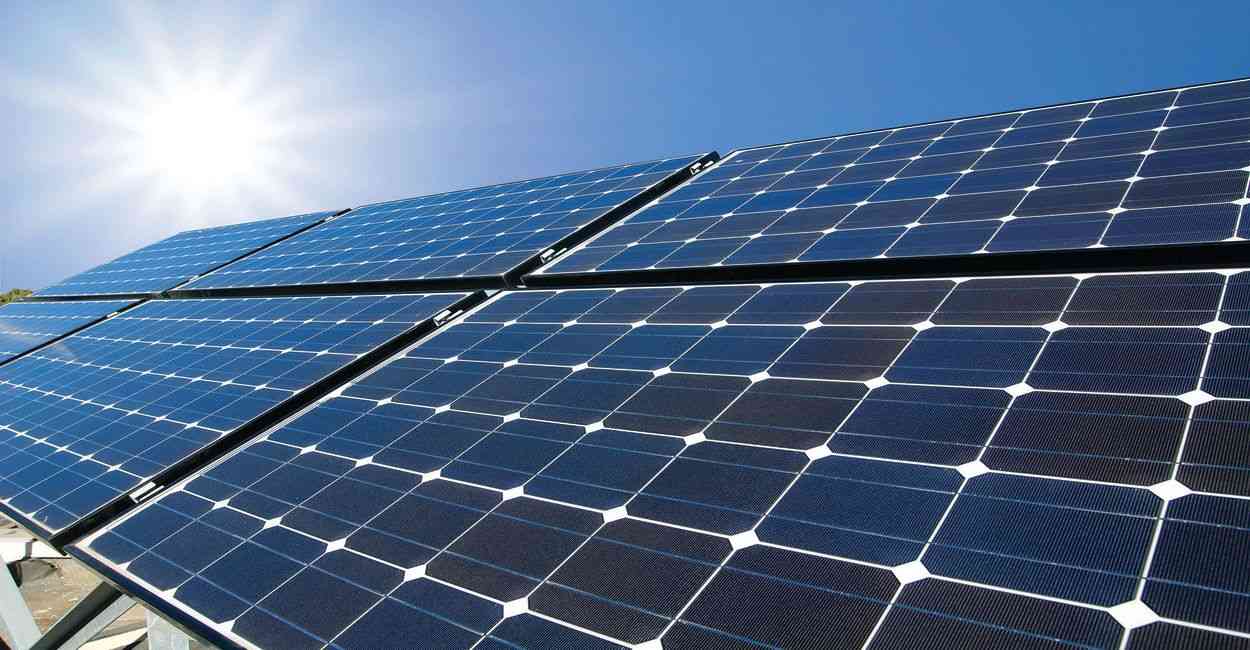What Kills Germs? How to Kill Coronavirus and Disinfect Your Home
5 min readAs much more facts about the coronavirus pandemic develops, some of the facts in this tale might have adjusted given that it was final current. For the most up-to-date facts on COVID-19, make sure you go to the on line resources supplied by the CDC, WHO, and your neighborhood community wellbeing department.
Killing germs on household surfaces is practically nothing new. You are in all probability currently doing it when you routinely thoroughly clean the bathroom and soon after you tackle raw meat or chicken in the kitchen area. But with this current outbreak of the Novel Coronavirus (COVID-19), retaining all routinely-touched household surfaces, like faucet handles, phones, and remote controls, germ-no cost is much more leading-of-brain than ever.
It is really critical to know that not all cleaning goods that assert to disinfect are similarly successful on all sorts of germs. There are several sorts of microorganisms and viruses and not every single product or service kills them all. Below, we list which goods specially perform on the coronavirus, how to appropriately use them for optimum success — and which to steer clear of.
What kills coronavirus?
The U.S. Environmental Safety Company (EPA) has compiled a list of goods that while not specially tested on the brand-new version of the virus that triggers COVID-19 just nonetheless, have been verified successful on identical or harder-to-get rid of viruses, these kinds of as the rhinovirus that triggers the frequent cold they be expecting them to perform on the coronavirus, as well. These goods use a variety of distinct ingredients and formulations, so be sure to use them accurately as the label directs. These goods include things like:
Does hydrogen peroxide get rid of viruses?
In accordance to the CDC, hydrogen peroxide is a secure and successful disinfectant from viruses when used on difficult, non-porous surfaces. Commonly offered in three% remedies, hydrogen peroxide can be used as is, straight from the bottle. It is really greatest to preserve it absent from materials when cleaning and to put on gloves to protect your fingers.
To use: Spray or wipe it on the surface area, allowing it to stay soaked for at the very least one particular minute right before wiping.
Will liquor disinfect surfaces?
Isopropyl liquor is an successful disinfectant from several pathogens, like coronavirus, as long as the focus is 70%. Most rubbing alcohols are 70% isopropyl liquor, but concentrations can vary from 60-99%. 70% is greatest for speedily killing coronavirus on surfaces — pure (a hundred%) liquor evaporates as well speedily to be successful.
To use: Wipe or spray the surface area with the liquor and make sure it continues to be soaked for at the very least thirty seconds.
Can vinegar get rid of germs?
No. In accordance to the CDC and NSF (a community wellbeing and protection corporation), vinegar (or vinegar-based mostly different cleaning goods) ought to not be used to disinfect or sanitize. Vinegar-that contains cleaning goods can be a excellent in some cases, but vinegar is not registered with the EPA as a disinfectant and is ineffective from most microorganisms and viruses – it does not get rid of the flu or coronavirus. Undiluted white vinegar might perform on some minimal sorts of microorganisms, but it is not the greatest way to get surfaces germ-no cost. (Besides, coronavirus is a virus, not a microorganisms.)
How to use cleaning goods to get rid of coronavirus
Before employing any disinfecting product or service, start off by reading the label to make sure it is registered with the EPA and to see what strains of microorganisms and viruses it kills. The EPA registration selection can ordinarily be uncovered in little kind on the base of the front or back again label, and the microorganisms and viruses the product or service is successful from are also ordinarily shown.
EPA registration is required by regulation for any cleaner that statements to get rid of germs. It is really what we rely on in the Superior Housekeeping Cleansing Lab when we evaluate sanitizing and disinfecting goods and it assures you that if you adhere to the instructions, the product or service will perform as claimed.
A number of much more points:
- Know that sanitizing is not the same as disinfecting. Sanitizing (minimizing the selection of germs) ordinarily normally takes considerably less time — from time to time just thirty or 60 seconds — while disinfecting (killing those germs) can take anyplace up to 10 minutes, depending on the product or service.
- Test how long difficult, non-porous surfaces will have to keep soaked for the most successful germ killing. Due to the fact liquids evaporate, this might demand you to apply the product or service numerous moments.
- No product or service can sufficiently sanitize or disinfect a dirty surface area, so make sure you thoroughly clean — even with simple cleaning soap and h2o — right before you disinfect.
What Do-it-yourself household cleaner kills coronavirus?
In accordance the the U.S. Heart for Ailment Command (CDC), an easy way to disinfect difficult, non-porous surfaces with a product or service you possible have at residence is to blend 1/three cup of regular chlorine bleach (sodium hypochlorite) bleach per gallon of h2o. (Clorox recommends employing 1/two cup bleach per 1/two gallon.) For little batches, use 4 teaspoons of regular chlorine bleach and 1 quart of h2o.
To use: Wearing gloves, dip a cloth into the mixture, wipe the surface area, allowing the solution to get in touch with the surface area for 5 minutes and air dry. For food items get in touch with surfaces, like countertops and higher chair trays, rinse with warm h2o and air dry soon after disinfecting. Be mindful not to splash the bleach solution on your garments or in your eyes and use it sparingly on stainless metal sinks and surfaces.
What else you ought to know about cleaning your residence ideal now
- Standard cleaning soap and h2o cleans germs absent and cuts down the quantity of germs, which also cuts down the chance of an infection. But to in fact get rid of germs, you also will have to sanitize or disinfect surfaces soon after cleaning them.
- Under no circumstances blend disinfecting or any cleaning goods and open the window or ventilate a area if fumes become bothersome.
- Tender surfaces are porous and will never totally reach the level of germ get rid of required to be totally disinfected. Some antibacterial sprays can sanitize delicate surfaces, like pillows and plush toys.
- Test surfaces for protection in a hidden location right before employing liquor, hydrogen peroxide, or any disinfectant on a surface area, specifically a fragile one particular. On food items get in touch with surfaces, rinse with clear h2o and dry soon after disinfecting, except if the product or service label specially says it is not vital.






.jpg)